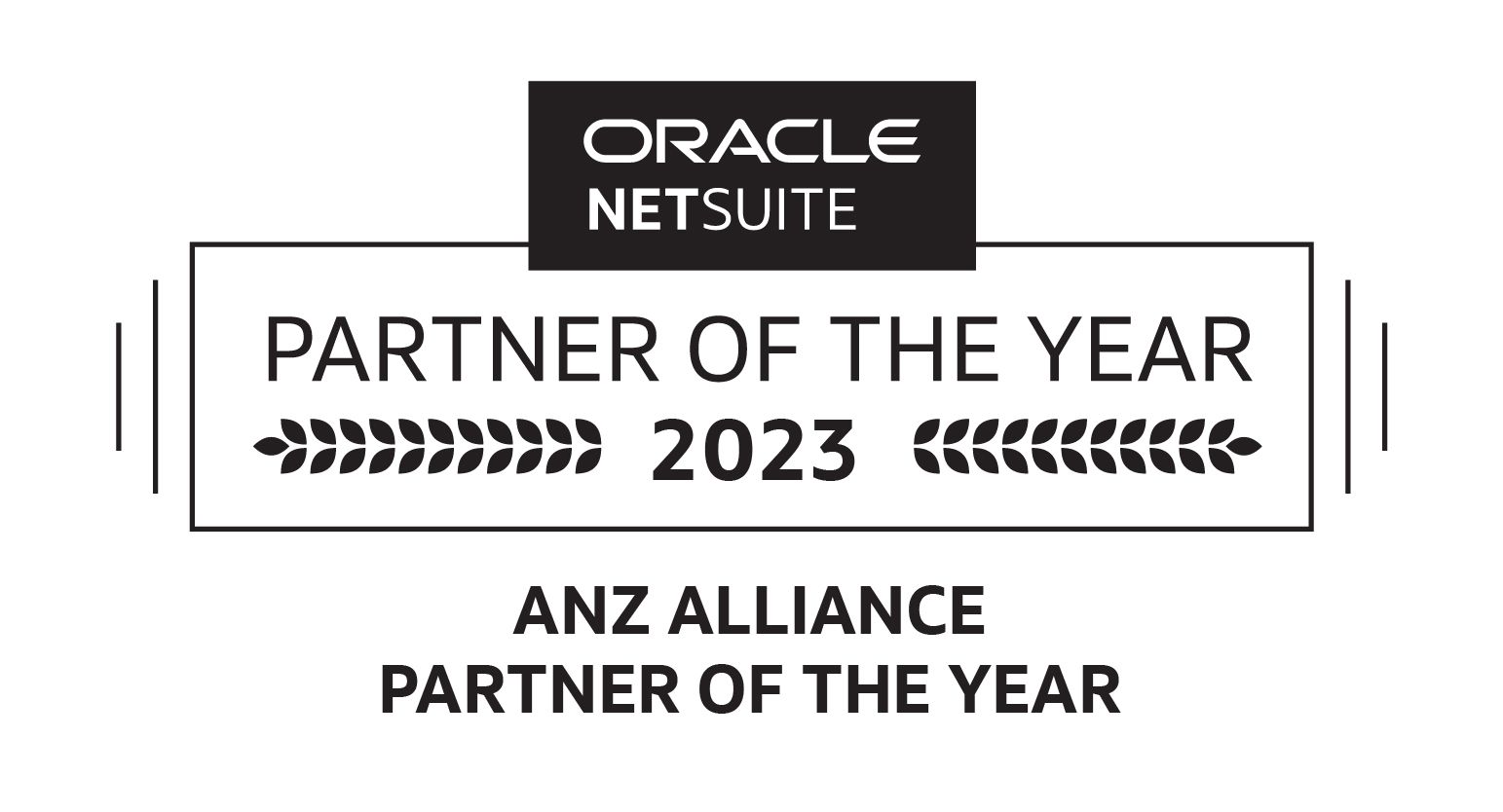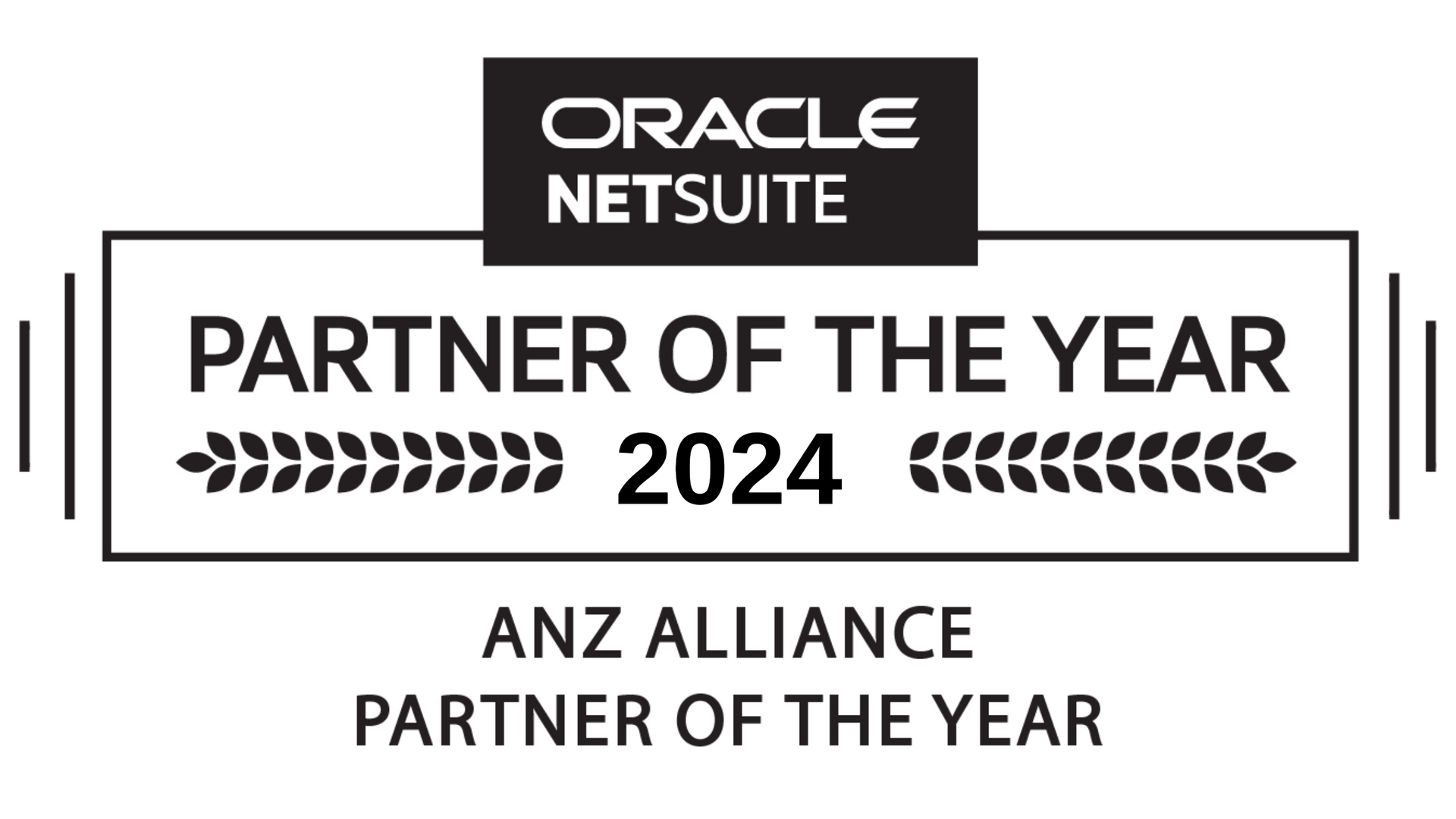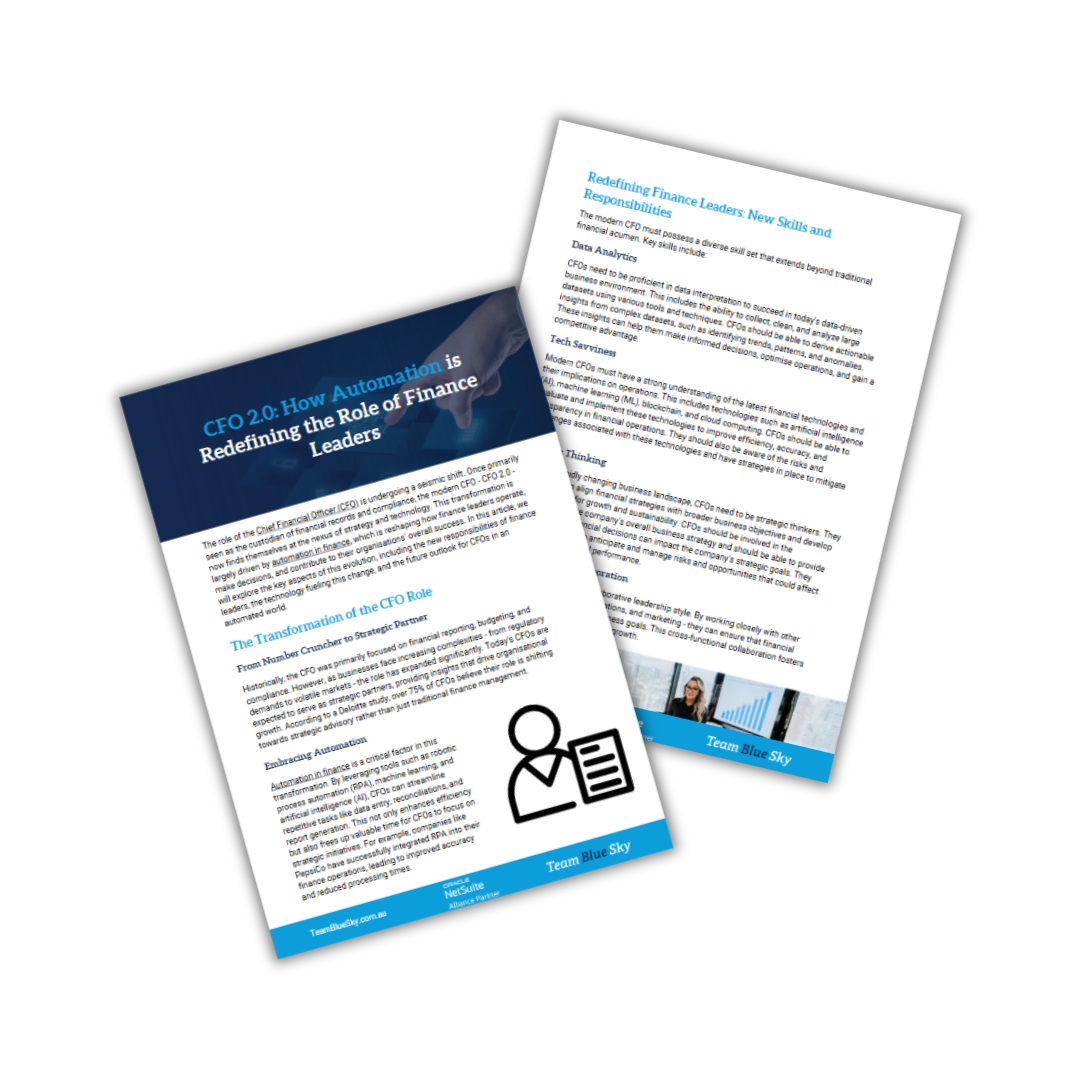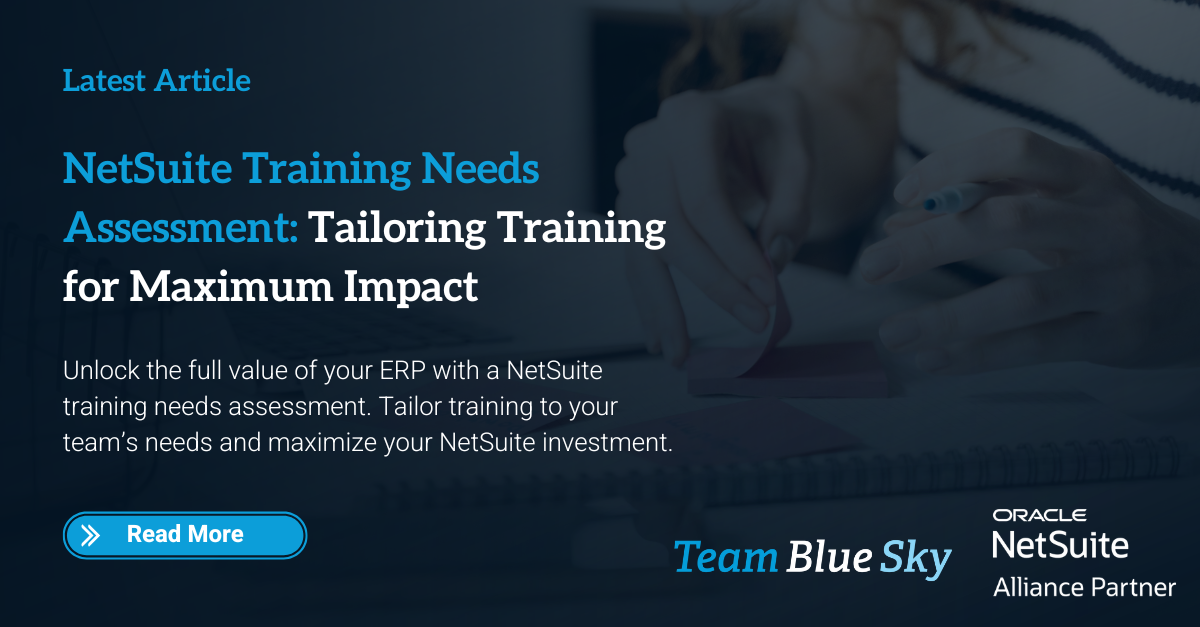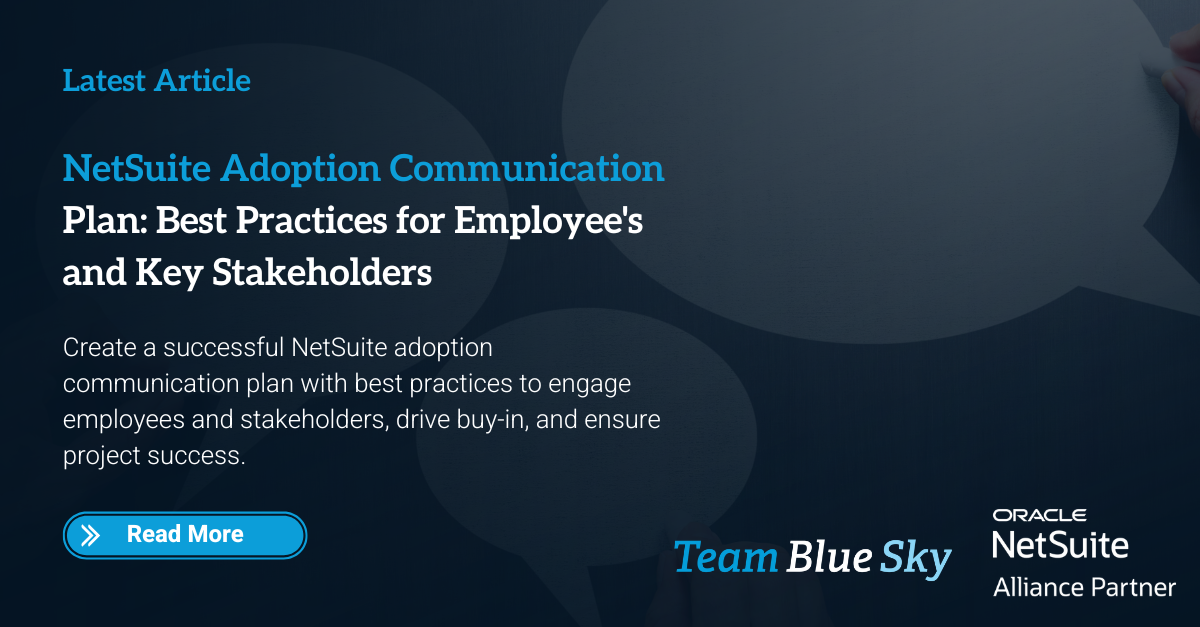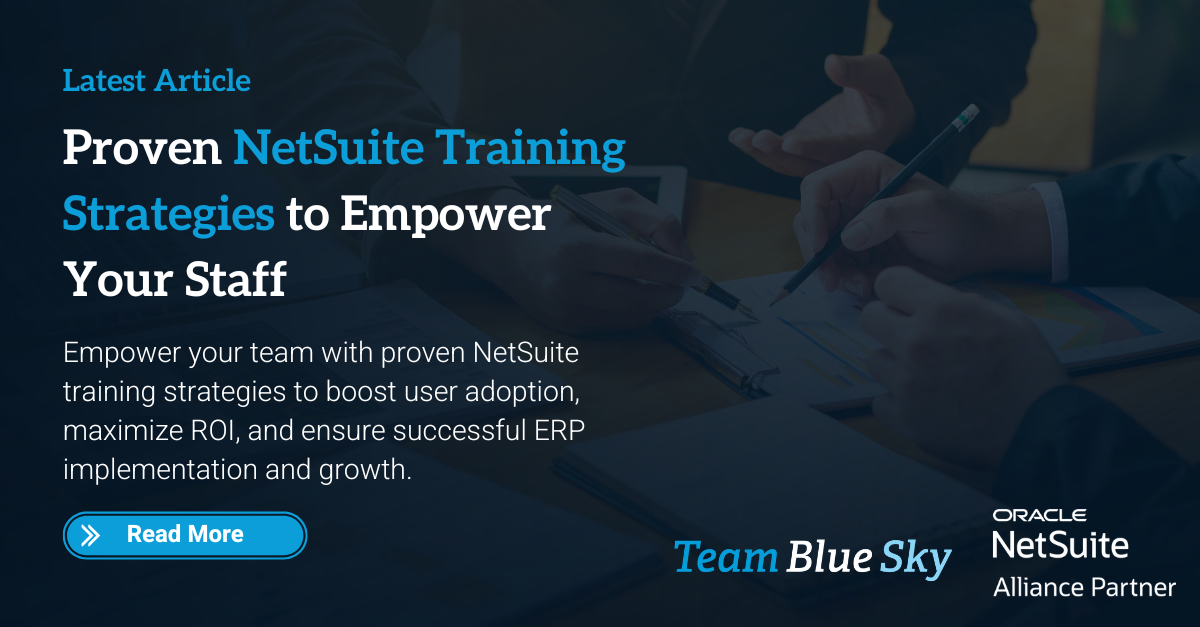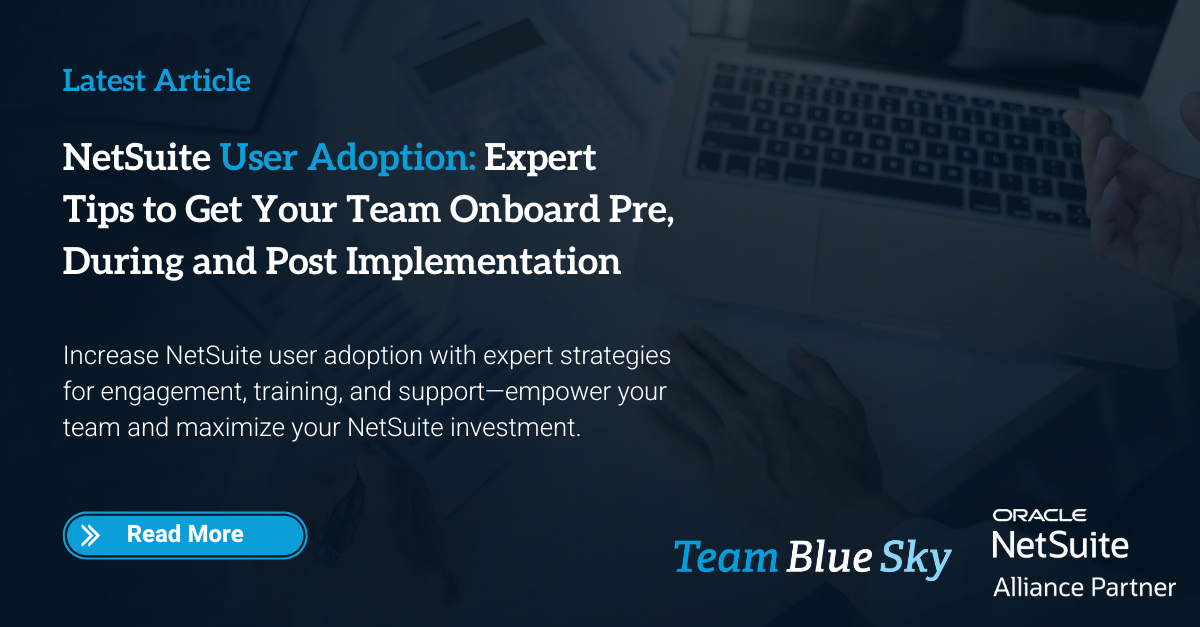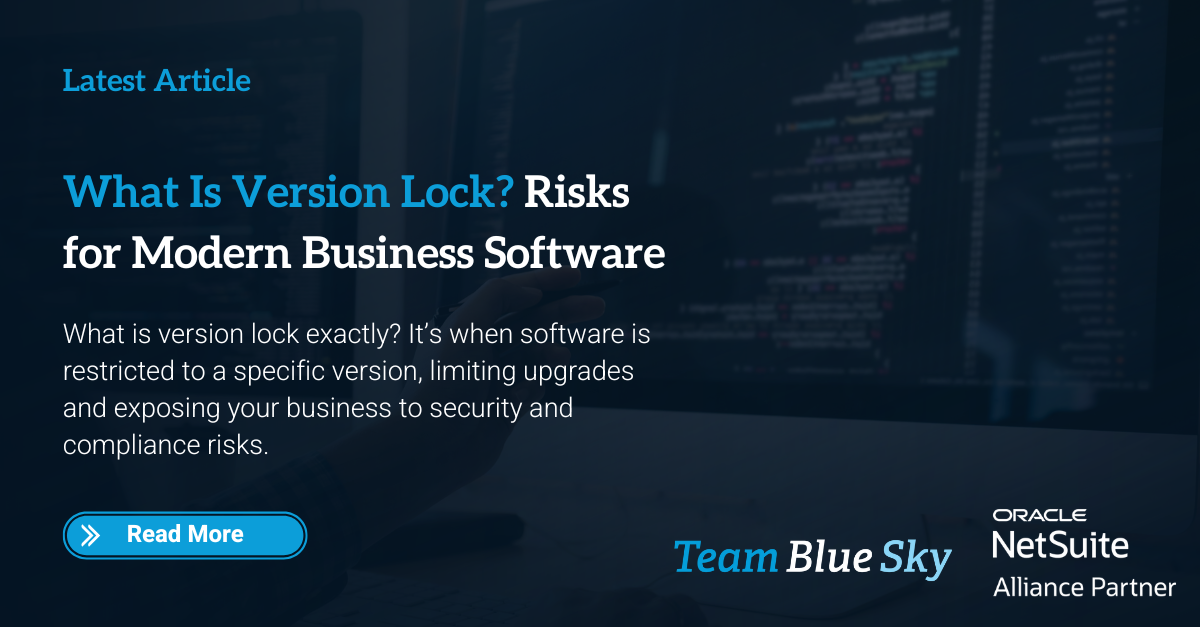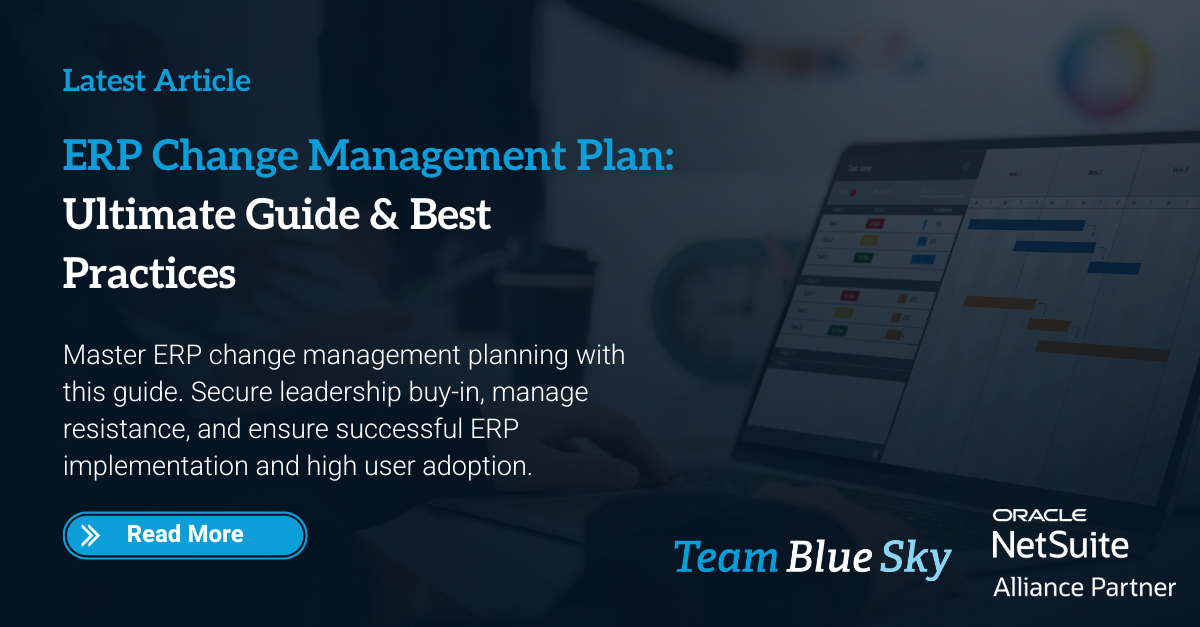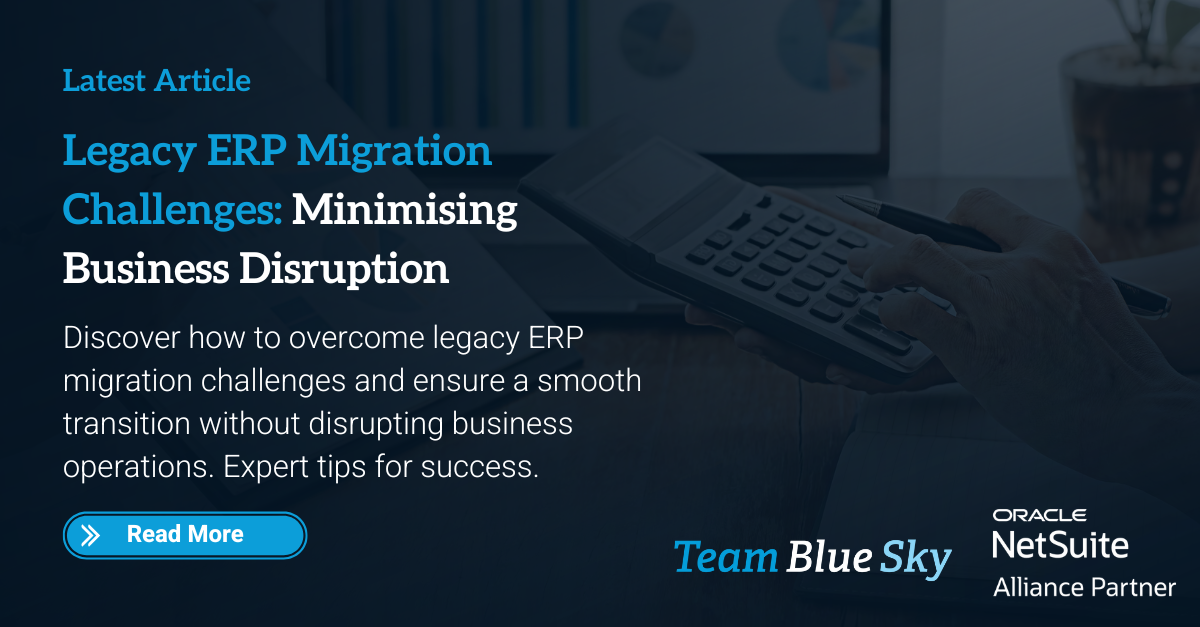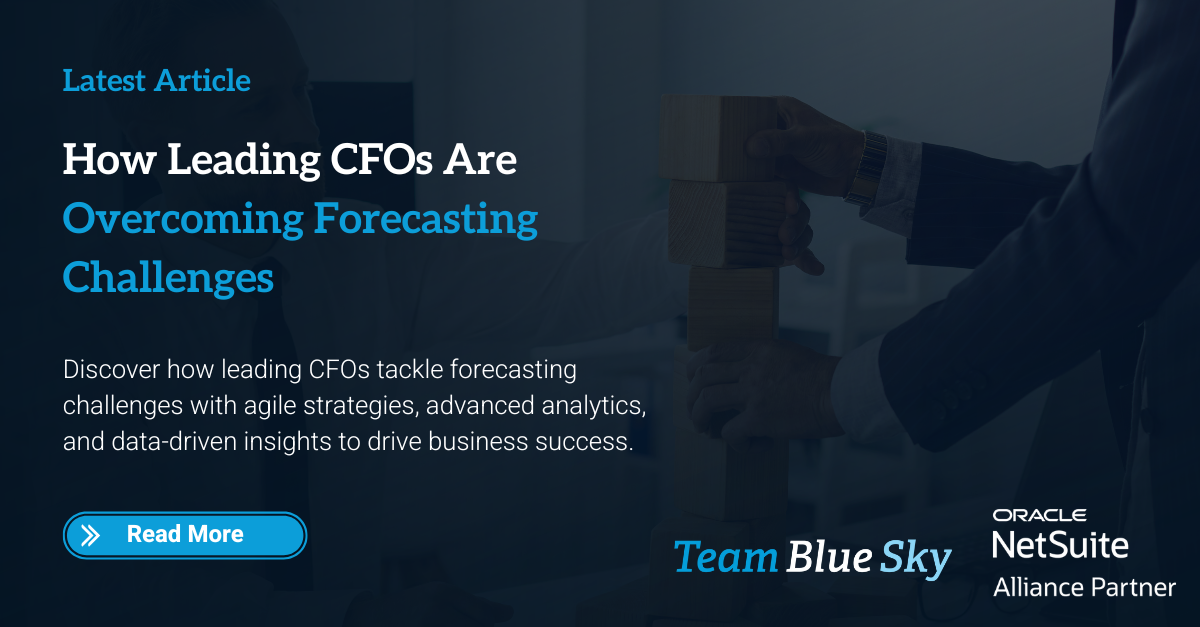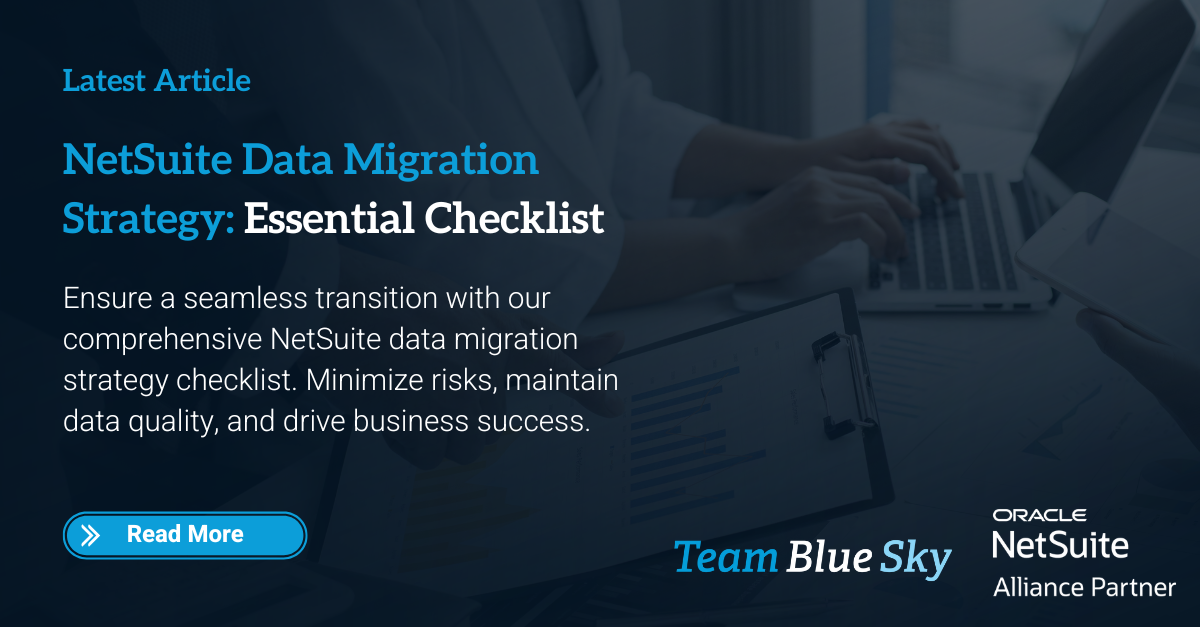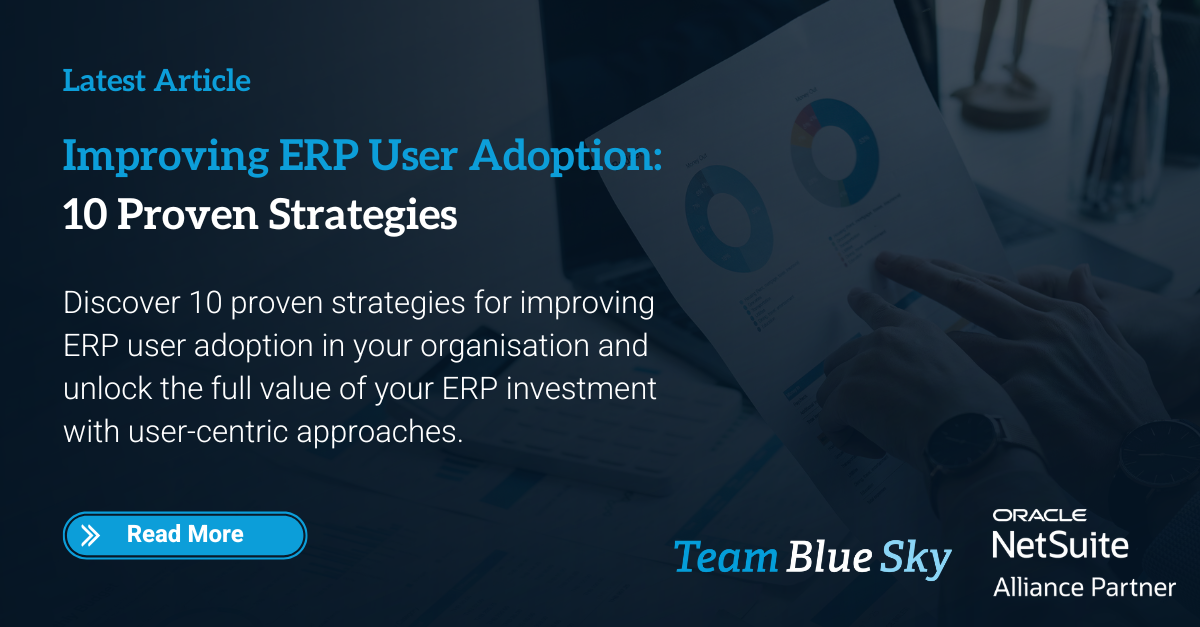CFO 2.0: How Automation is Redefining the Role of Finance Leaders
The role of the Chief Financial Officer (CFO) is undergoing a seismic shift. Once primarily seen as the custodian of financial records and compliance, the modern CFO - CFO 2.0 - now finds themselves at the nexus of strategy and technology. This transformation is largely driven by automation in finance, which is reshaping how finance leaders operate, make decisions, and contribute to their organisations’ overall success. In this article, we will explore the key aspects of this evolution, including the new responsibilities of finance leaders, the technology fueling this change, and the future outlook for CFOs in an automated world.
The Transformation of the CFO Role
From Number Cruncher to Strategic Partner
Historically, the CFO was primarily focused on financial reporting, budgeting, and compliance. However, as businesses face increasing complexities - from regulatory demands to volatile markets - the role has expanded significantly. Today’s CFOs are expected to serve as strategic partners, providing insights that drive organisational growth. According to a Deloitte study, over 75% of CFOs believe their role is shifting towards strategic advisory rather than just traditional finance management.
Embracing Automation
Automation in finance is a critical factor in this transformation. By leveraging tools such as robotic process automation (RPA), machine learning, and artificial intelligence (AI), CFOs can streamline repetitive tasks like data entry, reconciliations, and report generation. This not only enhances efficiency but also frees up valuable time for CFOs to focus on strategic initiatives. For example, companies like PepsiCo have successfully integrated RPA into their finance operations, leading to improved accuracy and reduced processing times.
Redefining Finance Leaders: New Skills and Responsibilities
The modern CFO must possess a diverse skill set that extends beyond traditional financial acumen. Key skills include:
Data Analytics
CFOs need to be proficient in data interpretation to succeed in today's data-driven business environment. This includes the ability to collect, clean, and analyse large datasets using various tools and techniques. CFOs should be able to derive actionable insights from complex datasets, such as identifying trends, patterns, and anomalies. These insights can help them make informed decisions, optimise operations, and gain a competitive advantage.
Tech Savviness
Modern CFOs must have a strong understanding of the latest financial technologies and their implications on operations. This includes technologies such as artificial intelligence (AI), machine learning (ML), blockchain, and cloud computing. CFOs should be able to evaluate and implement these technologies to improve efficiency, accuracy, and transparency in financial operations. They should also be aware of the risks and challenges associated with these technologies and have strategies in place to mitigate them.
Strategic Thinking
In today's rapidly changing business landscape, CFOs need to be strategic thinkers. They must be able to align financial strategies with broader business objectives and develop long-term plans for growth and sustainability. CFOs should be involved in the development of the company's overall business strategy and should be able to provide insights on how financial decisions can impact the company's strategic goals. They should also be able to anticipate and manage risks and opportunities that could affect the company's financial performance.
Leadership and Collaboration
CFOs must also adopt a collaborative leadership style. By working closely with other departments - such as IT, operations, and marketing - they can ensure that financial strategies align with overall business goals. This cross-functional collaboration fosters innovation and drives sustainable growth.
The Future of CFOs in an Automated World
A Shift Towards Predictive Insights
As automation continues to evolve, CFOs will increasingly focus on predictive analytics. This shift allows finance leaders to anticipate market trends and make proactive decisions rather than reactive ones. By harnessing AI and machine learning, CFOs can provide deeper insights into future financial scenarios, positioning their organisations for success.
Increased Focus on Sustainability
Beyond financial performance, modern CFOs are increasingly held accountable for sustainability initiatives. Stakeholders are now demanding that organisations adopt environmentally responsible practices. CFOs must integrate sustainability into financial planning and reporting, which involves evaluating the financial implications of sustainable investments and initiatives.
Final Thoughts
The emergence of CFO 2.0 illustrates a profound shift in the finance landscape. Automation is not merely a trend; it is redefining the very essence of the CFO role, enabling finance leaders to become strategic partners within their organisations. By embracing technology, CFOs can transform traditional finance functions, drive innovation, and contribute to long-term growth.
As organisations navigate this transformation, CFOs should focus on developing new skills, fostering collaboration, and addressing challenges related to change management and data security. Looking ahead, the future of CFOs will be characterised by predictive insights and a commitment to sustainability, ensuring that finance leaders remain integral to their organisations' success in an increasingly automated world.
For those interested in delving deeper, consider exploring related topics such as advanced financial analytics, the role of technology in strategic planning, and successful case studies of finance transformation in various industries.

Henry Sack
General Manager

With over 12 years of experience as a NetSuite implementation consultant, Henry Sack leads TeamBlueSky’s team of NetSuite and accounting experts in his role of General Manager.
TeamBlueSky is a leading Australian
NetSuite Alliance Partner whose mission is to provide critical
NetSuite BPO and
Payroll services to NetSuite clients who are wanting to simplify their
back office processes and partner with a leading
NetSuite administration expert.
TeamBlueSky have also partnered with global Suite Developer Network partners to offer local solutioning, implementation and support services for global NetSuite SuiteApps.


